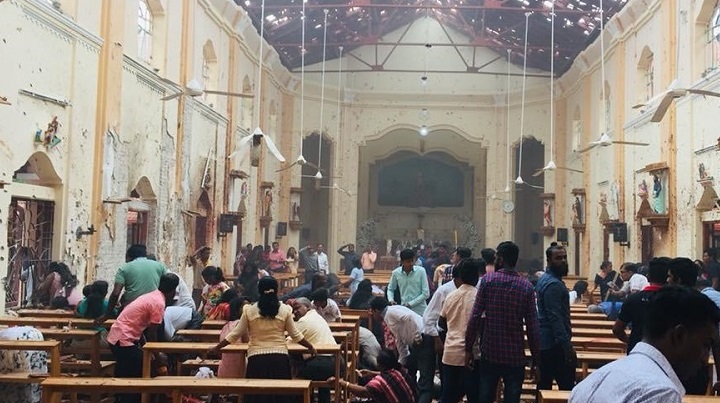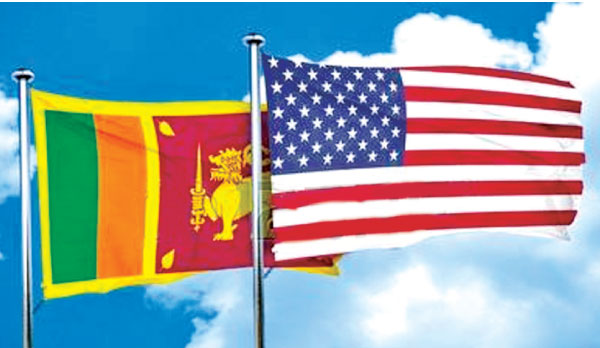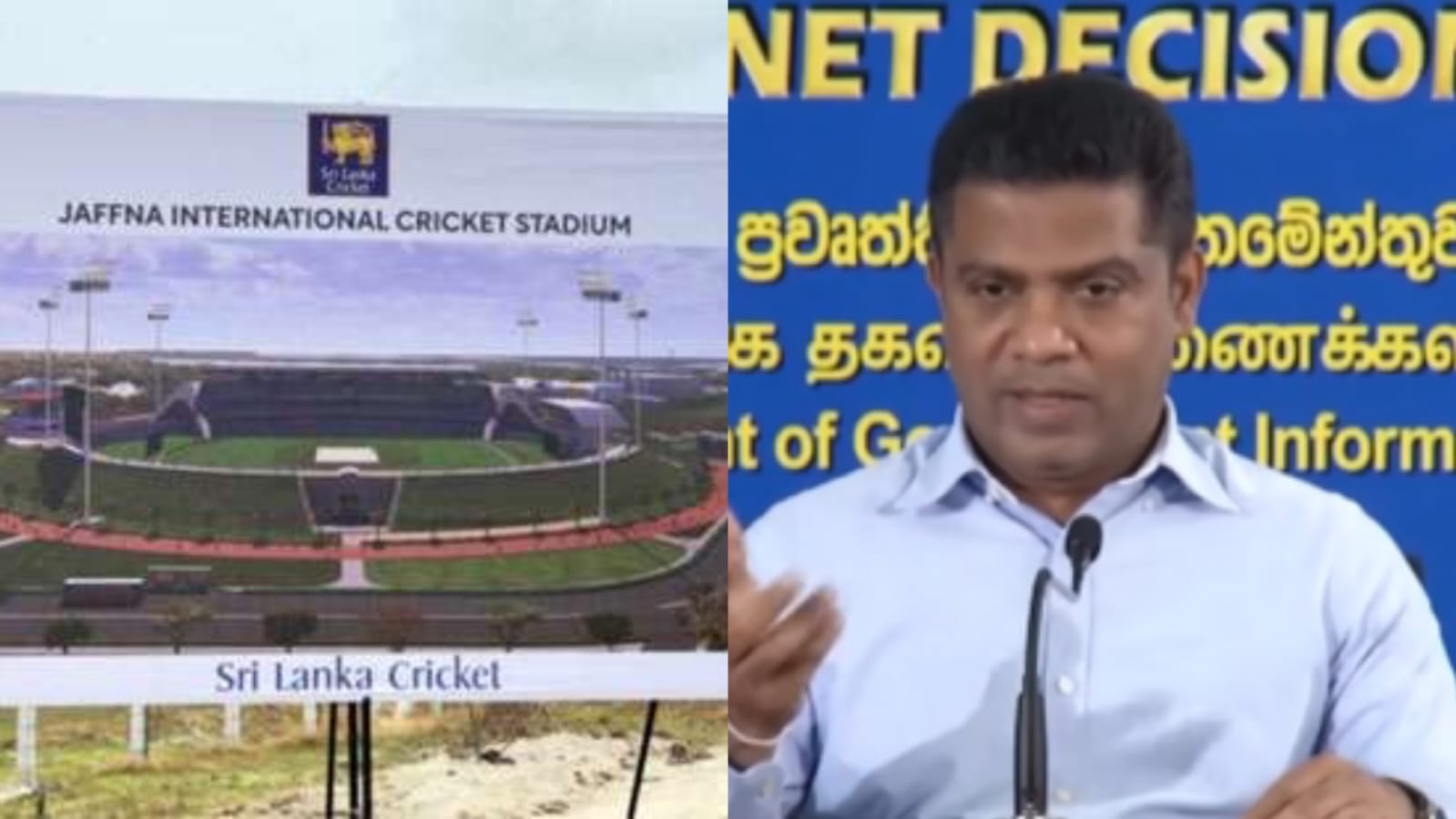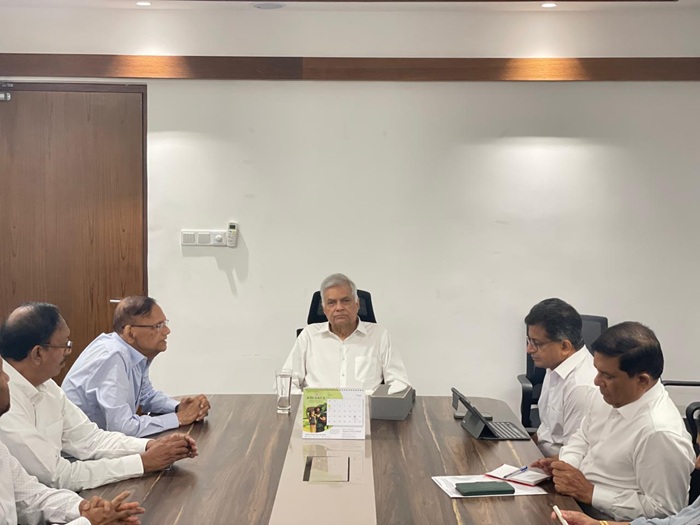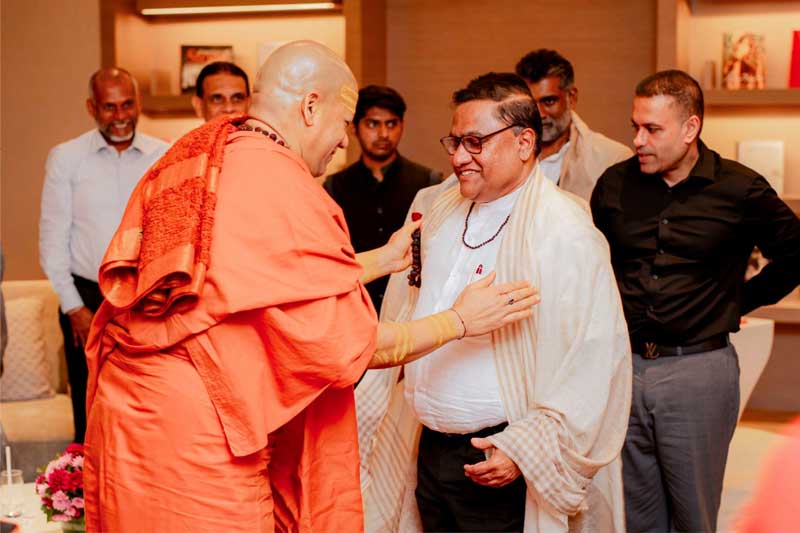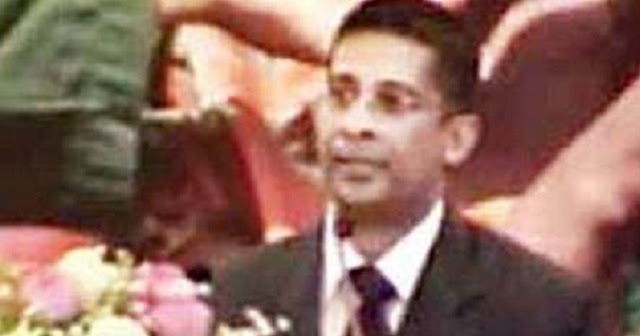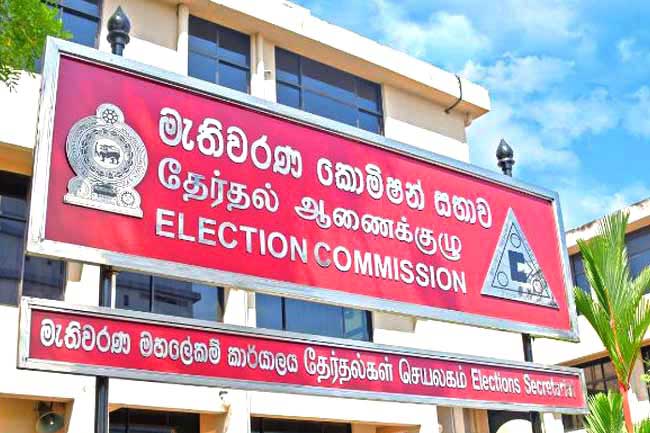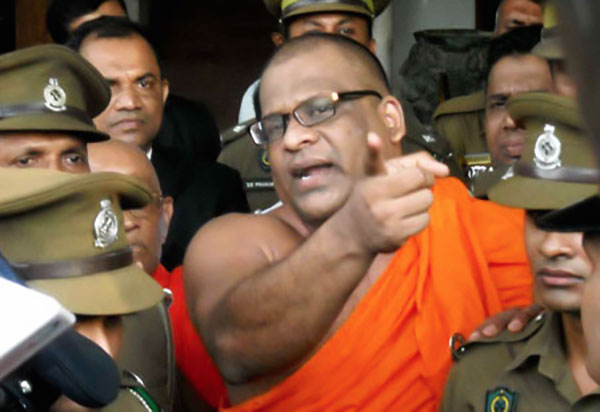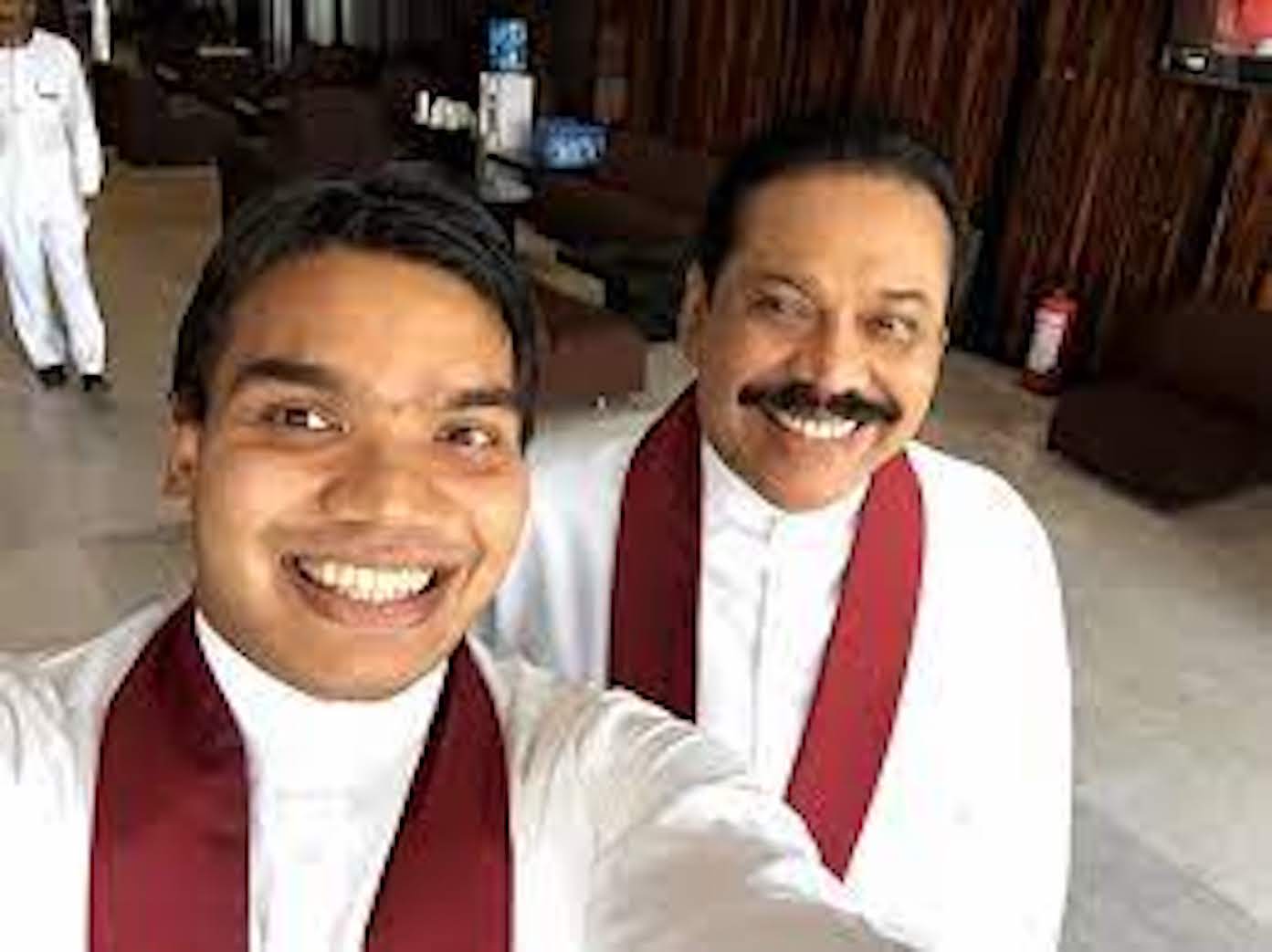The arrest of Major General Suresh Salley, the former head of Sri Lanka’s State Intelligence Service (SIS) and Military Intelligence, on February 25, 2026, marks a seismic shift in the country’s long and painful quest for justice regarding the 2019 Easter Sunday attacks.
For years, the investigation into the Islamist suicide bombings, which claimed at least 269 lives was dogged by allegations of a “deep state” conspiracy and high-level cover-ups.
Salley’s arrest was based on his alleged involvement in the attack. He has repeatedly denied such allegations in the past.
Salley was one of the most trusted army generals by former president Gotabaya Rajapaksa since his appointment as Defence Secretary in 2005 under his brother Mahinda Rajapaksa.
What does Salley’s arrest mean for people?
Salley’s arrest is not merely the apprehension of a military officer; it is a direct strike at the heart of the intelligence apparatus that governed Sri Lanka during the Rajapaksa era.
For the survivors and the families of the victims, Salley has long been a figure of intense suspicion.
His name became a focal point of international scrutiny following a 2023 Channel 4 documentary, which alleged that he facilitated a meeting between the bombers and a third party to create a security crisis that would pave the way for a change in government.
The whistleblower in the Channel 4 documentary, who has sought asylum in a foreign country and is living abroad, is yet to provide a physical statement within Sri Lanka territory, analysts say.
While Salley vehemently denied these claims, his arrest suggests that investigators have finally found some links to bridge the gap between conspiracy theory and legal culpability, analysts say.
If Salley’s arrest could lead to unravelling the plot behind the Easter Sunday attack, it signifies a potential end to an era of official impunity in Sri Lanka, where high-ranking military and intelligence figures were considered “untouchable” regardless of the severity of the allegations against them.
However, Salley is yet to be proven guilty legally.
What does this mean for the intelligence community?
Salley’s arrest also triggers a profound reckoning within the State Intelligence Service.
As the State Intelligence Services (SIS) chief under the Gotabaya Rajapaksa administration, Salley wielded immense power, often operating in the shadows, former intelligence officials say.
His detention signals a purge of the former intelligence hierarchy.
If the arrest could expose the real plot, it could force a public debate on how much the intelligence services knew prior to the attacks, and whether information was deliberately withheld or manipulated for political gain.
If the prosecution proceeds, it could unveil the mechanics of how state intelligence interacts with Islamic extremist elements, potentially exposing systemic rot that goes far beyond a single individual.
What are the political implications of this arrest?
Politically, the move is a high-stakes gamble for the current administration.
By arresting a man so closely associated with the previous regime, the government is signaling its commitment to truth and reconciliation, as it promised during the election campaign.
However, it also risks a backlash from segments of the military and nationalist groups who view Salley as a war hero and a real patriot.
The central question, however, still remains: Was Salley an outlier, or was he acting as part of a larger, coordinated effort?
Given Sri Lankan experience, the arrest could also just be the start of treating him as a suspect. This does not mean he is either the real mastermind or person having links with the bombers, until proven.
The arrest brings Sri Lanka closer to identifying the grand mastermind behind the attacks, a demand consistently made by the Catholic Church and civil society.
The move also could backfire against the government easily if it is seen as a mere political drama or a short-sighted strategy to satisfy the ruling party’s voters.
Rohan Gunaratna, a world-renowned expert on terrorism and national security, in a column after Salley’s arrest said it was “politically motivated”.
“Those responsible for his arrest should be investigated for the negligence that led to the Easter Sunday attack,” he said.
“General Salley’s arrest is being celebrated by two categories of people: first, the terrorists and extremists who carried out the Easter Sunday massacre; second, the political radicals who spread false narratives and conspiracy theories, falsely blaming the Sri Lankan security forces.”
What does this mean for credibility of Sri Lanka internationally?
The arrest has significant international ramifications.
Sri Lanka has faced consistent pressure from the UN Human Rights Council (UNHRC) and foreign governments to conduct a transparent and independent investigation.
By taking action against a high-profile figure like Salley, Sri Lanka is attempting to restore its tattered credibility on the global stage.
It is a message to the international community that the country is capable of investigating its own security establishment, which could influence future human rights resolutions and economic aid.
Source:ECONOMYNEXT


